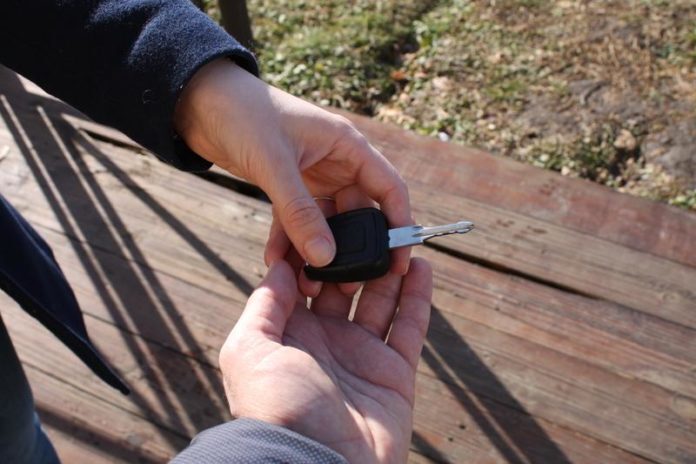Everyone can’t afford an apartment, but opting for a rented house is always an option. Any person who wishes to rent a property must know the rental laws and other processes. The absence of a legal contract or agreement can be confusing and often costly to both parties. It is always legally advisable in the tenant’s best interest and the landlord to get a residential Rental Lease Agreement, as prescribed by the state’s law.
A Rental Lease Agreement is a legal contract that defines the rules, rights, and responsibilities for the tenant, and protects both the landlord and the tenant against any untoward incidents. A written Rental Lease Agreement is a legal document signed by both parties and can be upheld. The agreement in the most basic form includes start and end date of the lease, amount of rent and due date, deposits paid, like security/damage deposit, pet deposit, etc.
For any person looking for a house in Illinois, the pre-requisite is to thoroughly understand all the minor details in the Illinois residential lease agreement. Different clauses and other conditions regarding notices and entry must be read carefully to avoid any future chaos. Here are the legalities related to the notices and entry in a house:
Notices and Entry
• A 60-days’ notice of termination for yearly leases is given to the tenant
• A 30-days’ notice of termination is given to the tenant for monthly leases
• A notice of termination for a duration of 7-days’ is given to the tenant for weekly leases
• The state of Illinois has no defined statutes to give notice of date or time for moveout inspections or required notices before entry.
• The eviction notice owing to non-payment is five days and ten days for a lease violation.
• There is no defined statute for entry allowed with notice for repairs and maintenance (emergency or non-emergency)
• The law of the state of Illinois has no statute for ordering if the entry is allowed during emergency entry without notice or an extended absence of the tenant.
• There is no defined statute under the law whether or not notice should is needed to be given to tenants for pesticide use.
• The state law doesn’t permit lockouts and utility shutoffs.
Disclosures and Miscellaneous Notes
• The state of Illinois and the laws about rental lease agreements strongly advise the landlord to change locks every time a tenant vacates the house.
• The landlord must define the basis on which the division of utilities will be done amongst multiple tenants.
• The landlord needs to disclose any existence of Radon if there are units on the 2nd floor or lower.
• The tenant is allowed to terminate the lease early under exceptional circumstances, including sexual assault, domestic violence, or sexual abuse.
• Upon the request of a domestic violence victim, the landlord must change the locks.
• The landlord may need the tenants to produce evidence of domestic violence status.
• The landlord must not disclose the details and indentity of tenants as domestic violence victims.
• The state laws allow the tenants to harvest and seize crops for a property that is abandoned, in case of unpaid rent.
• Under the circumstances like tenants filing an official complaint to the authorities, the landlord shouldn’t terminate or refuse to renew the lease.
The state of Illinois has a separate set of Official rules and regulations that govern the tenants and the landlords entering into a rental agreement contract:
• Landlord and Tenant Act- 765 ILCS 705
• Mobile Home Landlord and Tenant Rights Act- 765 ILCS 745
• Security Deposit Return Act – 765 ILCS 710
• Security Deposit Interest Act – 765 ILCS 715
• Property Taxes of Alien Landlords Act – 765 ILCS 725
• Retaliatory Eviction Act – 765 ILCS 720
• Residential Tenants’ Right to Repair Act – 765 ILCS 742
• Safe Homes Act – 765 ILCS 750
• Tenant Utility Payment Disclosure Act – 765 ILCS 740
• Rent Concession Act – 765 ILCS 730
• Rental Property Utility Service Act – 765 ILCS 735
Click here for Free rental agreement Illinois.








